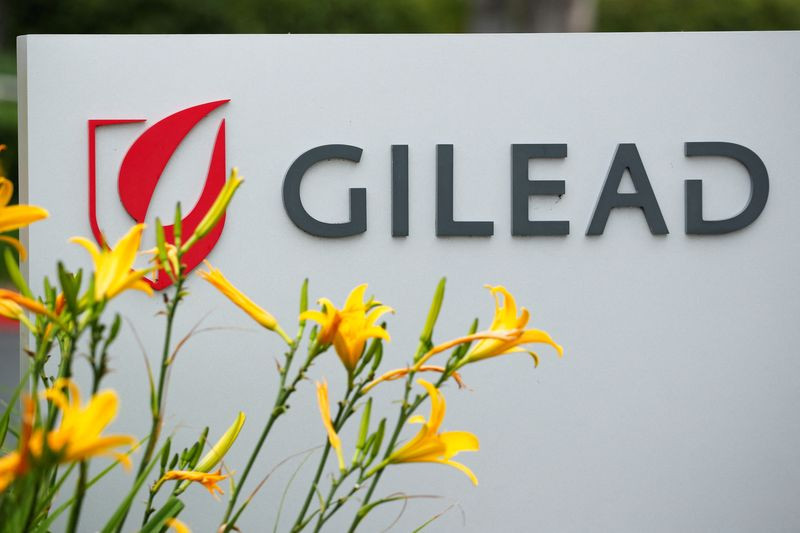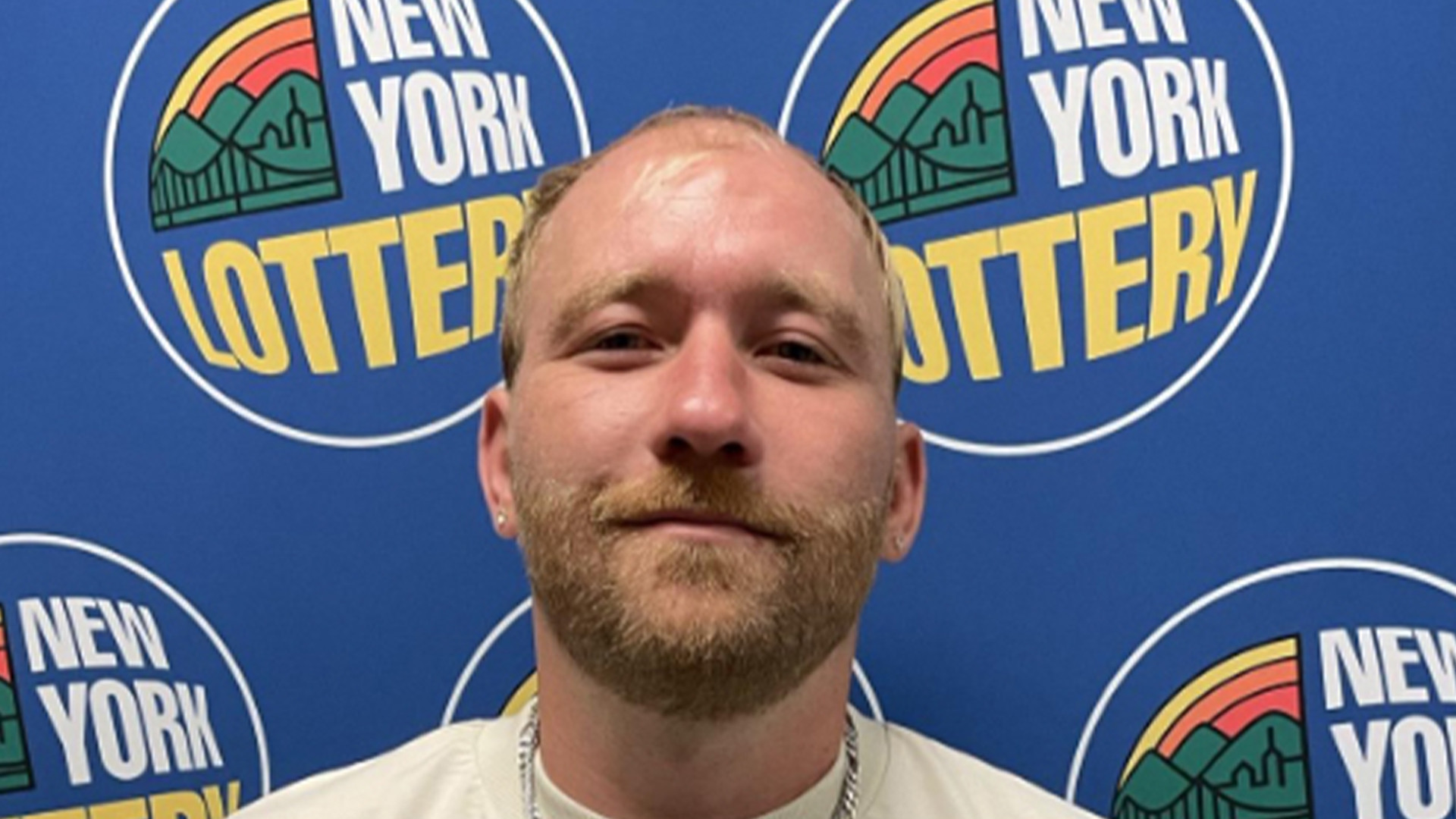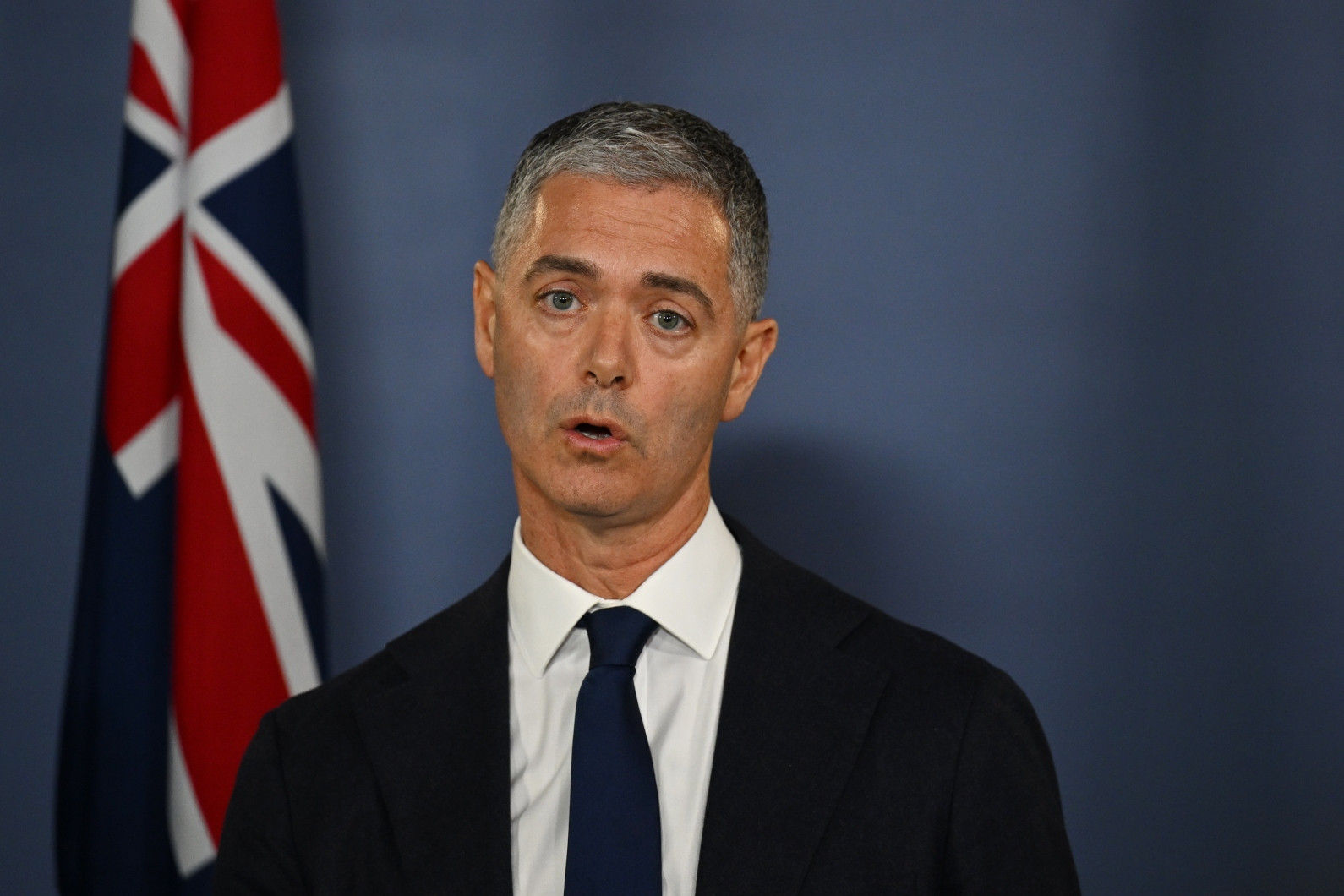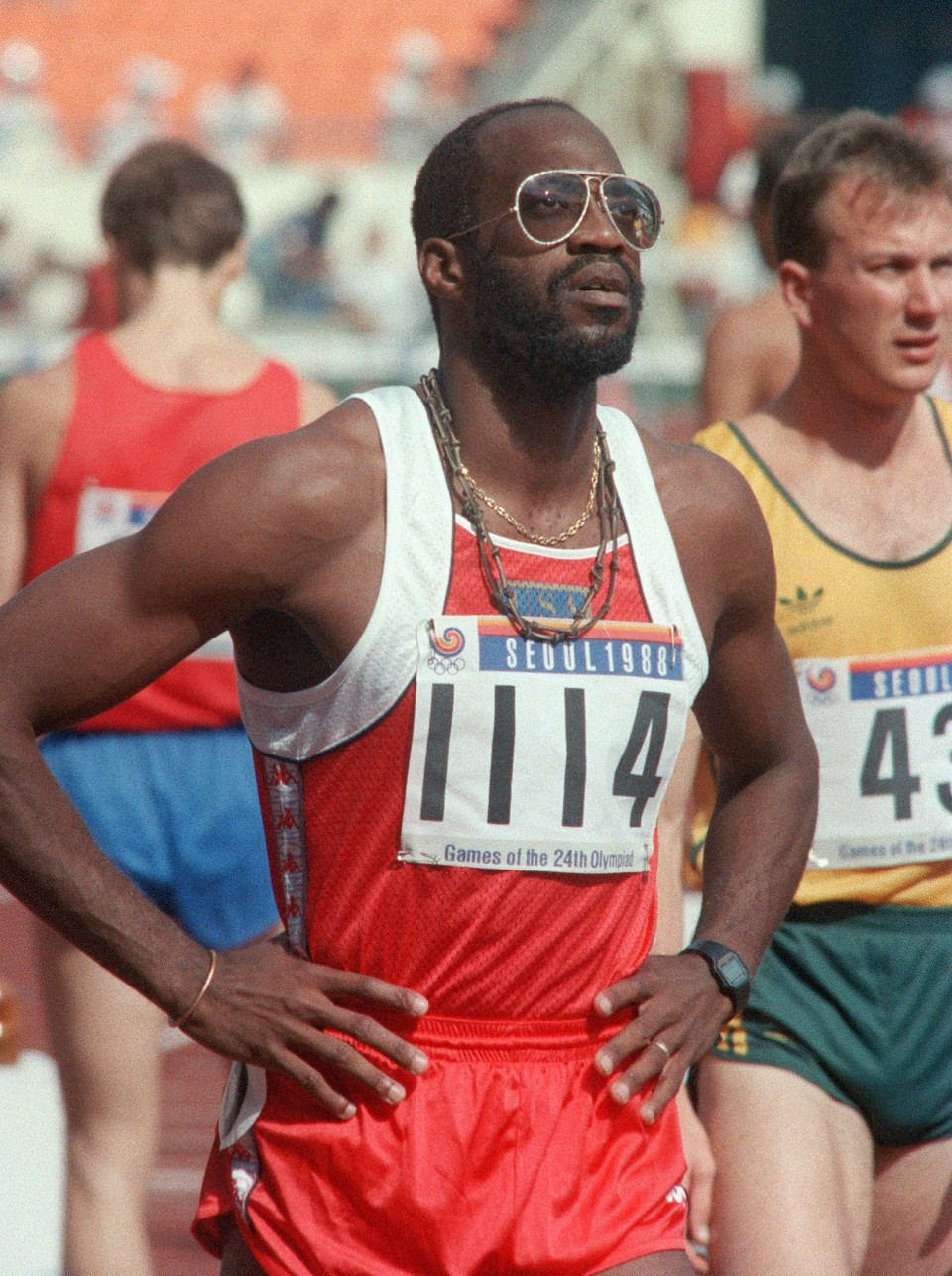Gilead Sciences has been on the hunt for a win with its antibody-drug conjugate (ADC) Trodelvy after facing two surprising trial setbacks earlier this year. However, it seems that victory won't be coming from a triplet regimen that combines Trodelvy with Merck's Keytruda and chemotherapy in newly diagnosed non-small cell lung cancer (NSCLC).
The combination of Trodelvy, Keytruda, and carboplatin resulted in tumor response rates of 43.1% and 39% in treatment-naïve NSCLC patients with nonsquamous and squamous histologies, respectively. These results were gleaned from cohort C and D of the phase 2 EVOKE-02 trial, which were presented at the 2024 World Conference on Lung Cancer.
Exploring the Impact on Patient Outcomes
For nonsquamous patients who received the triplet, the median duration of survival without disease progression (PFS) was 8.1 months. This stood in contrast to the 11.1 months observed in squamous patients. These patients exhibited a range of PD-L1 expression levels and lacked any actionable genomic alterations.
The implications of these results are disheartening, especially considering that in cohort B of the EVOKE-02 trial, a combination of Trodelvy and Keytruda, without chemotherapy, yielded a 44% response rate in front-line patients with PD-L1 tumor proportion scores (TPS) below 50% regardless of histology. This data was published last fall. Furthermore, in cohort A, an update in May revealed that the doublet achieved a remarkable 67% response rate across histologies in patients with high PD-L1 expression.
PD-L1 Expression and Treatment Outcomes
It's crucial to highlight that more than 80% of patients in cohorts C and D exhibited PD-L1 TPS scores below 50%. This suggests that the inclusion of chemotherapy might not be the key to unlocking significant benefits in patients with lower PD-L1 expression.
Gilead's Perspective on the Triplet Regimen's Performance
Bilal Piperdi, M.D., who heads oncology clinical development at Gilead, argued that the latest findings from cohorts C and D provide support for the company's phase 3 strategy. Last year, Gilead initiated the EVOKE-03 trial, which is evaluating the Trodelvy-Keytruda doublet in first-line NSCLC patients with high PD-L1 expression.
Piperdi shared his insights in an interview with Fierce Pharma, stating, “We’re really not finding a lot of differentiation from additional chemotherapy in combination with [Trodelvy]. So, it is giving more confidence in our current ongoing strategy with [Trodelvy plus Keytruda] with full doses of [Trodelvy].”
Dose Adjustments and Safety Considerations
It's noteworthy that during the triplet tests, investigators had to reduce Trodelvy's dose from the initial 10 mg/kg to 7.5 mg/kg. This adjustment was prompted by a planned safety evaluation that revealed an increased risk of neutropenia. Notably, about two-thirds of patients in the efficacy analysis received the lower dose.
Comparing Trodelvy to its Rival TROP2 ADC
The latest Trodelvy data echoes findings from a study involving AstraZeneca and Daiichi Sankyo's rival TROP2 ADC, datopotamab deruxtecan (Dato-DXd). The early-phase TROPION-Lung02 trial demonstrated that a doublet combination of Dato-DXd and Keytruda induced a 52% response rate in first-line NSCLC patients without actionable genomic alterations. When chemotherapy was added to form a triplet, the response rate climbed to 56%, as per an update in May.
PFS Differences Between Doublet and Triplet Regimens
However, the median PFS for the AZ doublet was 11.1 months, while the triplet achieved a median PFS of 6.8 months. Researchers attributed the lower PFS in the triplet to a higher proportion of patients receiving a lower dose of Dato-DXd and a greater number of patients experiencing brain metastases.
Analysts' Perspective on the Data
At the time of these findings, analysts from Leerink Partners expressed their view in a note, stating that the data “suggest that the addition of chemo is unwarranted.”
The Future of Trodelvy and TROP2 ADCs in Lung Cancer Treatment
Despite this, AZ's phase 3 TROPION-Lung07 study for Dato-DXd in first-line, PD-L1-low nonsquamous NSCLC patients includes a triplet arm. Additionally, their phase 3 AVANZAR study is exploring a combination of AZ's Imfinzi with Dato-DXd and chemotherapy in the first-line setting for NSCLC.
Following Trodelvy's recent failure as a monotherapy in second-line NSCLC, EVOKE-03 remains the sole phase 3 study for the Gilead drug in this cancer type. In terms of the number of trials, the first-to-market TROP2 ADC appears to be lagging behind its potential competitors. AZ/Daiichi and Merck collectively have a dozen ongoing global phase 3 trials for their TROP2 candidates, examining various combinations and treatment settings, including the postsurgical adjuvant setting for early-stage tumors.
Gilead's Strategic Focus and Future Directions
Piperdi conveyed that Gilead is “reasonably invested” in NSCLC across the three EVOKE studies. He also drew attention to Gilead's collaboration with Arcus Biosciences on the PD-1 inhibitor zimberelimab and TIGIT inhibitor domvanalimab. Gilead is pairing these two immune checkpoint inhibitors with Trodelvy in a mid-stage platform study.
Piperdi expressed optimism about the future of Gilead's lung cancer program, stating, “We had a really nicely built program for lung cancer, and I think there’s going to be a lot of data that’s going to read out that will really help us out to where else we can push the envelope.”
While Gilead has a range of options, Piperdi emphasized the company's deliberate approach to determining the best placement of its Trodelvy investments in first-line NSCLC. He remarked, “I think earlier lines of treatment are even more interesting. But we’re waiting to see how the landscape changes.”

















